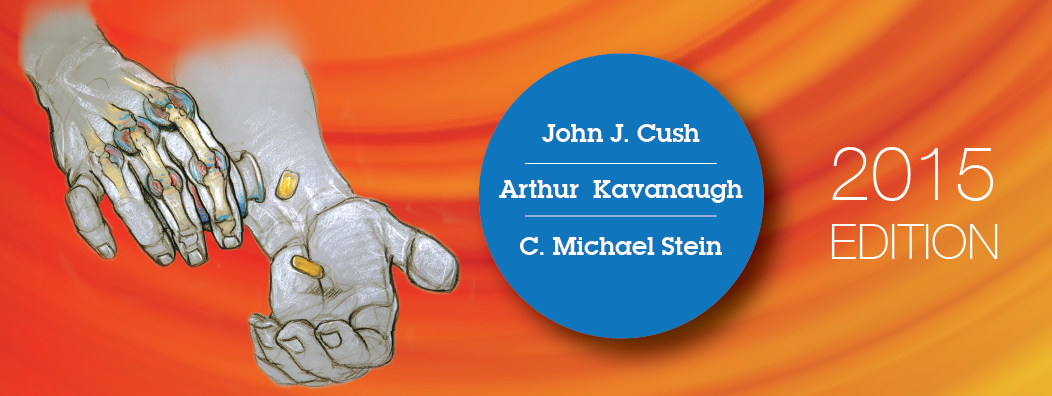Atrial Myxoma
Last updated: November 6, 2014
Synonyms: Cardiac myxoma
ICD-9 Code: 212.7
ICD-10 Code: D21.9
Definition: Atrial myxoma is a benign cardiac tumor that may lead to valvular obstruction or emboli. Embolic manifestations may be confused with a systemic necrotizing vasculitis.
Pathology: Tumors are typically found in the left atrium (75%), right atrium (20%), or ventricles (5%), usually as a single pedunculated tumor attached to the septum, valve, or chordae tendineae. Large myxomas may produce valve obstruction and emboli. Increased amounts of IL-6, produced by myxoma cells, are responsible for many of the systemic and constitutional manifestations. Asymptomatic tumors may be found at autopsy.
Demographics: Atrial myxomas usually affect adults between 30 and 60 years of age. They are uncommon in blacks and rarely familial (autosomal dominant). No gender preference exists.
Cardinal Findings: Atrial myxomas produce systemic, obstructive, and embolic symptoms. Fever, weight loss, arthralgia, myalgia, Raynaud phenomenon, rash, and clubbing may occur. Cardiac findings include new-onset congestive heart failure, chest pain, and dyspnea that improves when supine. Arterial emboli may cause central neurologic deficits, mononeuritis multiplex, or skin lesions.
Complications: Congestive heart failure, pulmonary emboli, and pulmonary hypertension may occur.
Diagnostic Tests: Anemia, leukocytosis, increased ESR, thrombocytosis or thrombocytopenia, hypergammaglobulinemia, and hypocomplementemia are common.
Imaging: Diagnosis is usually made by echocardiography, but CT or MRI can also be used. Occasionally, vasculitic findings may be seen on angiogram or in biopsy specimens.
Therapy: Tumors are surgically excised and may recur.
BIBLIOGRAPHY
Burke AP, Virmani R. Cardiac myxoma. A clinicopathologic study. Am J Clin Pathol 1993;100:671–680. PMID:8249916
Reynen K. Cardiac myxomas.N Engl J Med. 1995;333:1610-7.PMID: 7477198


